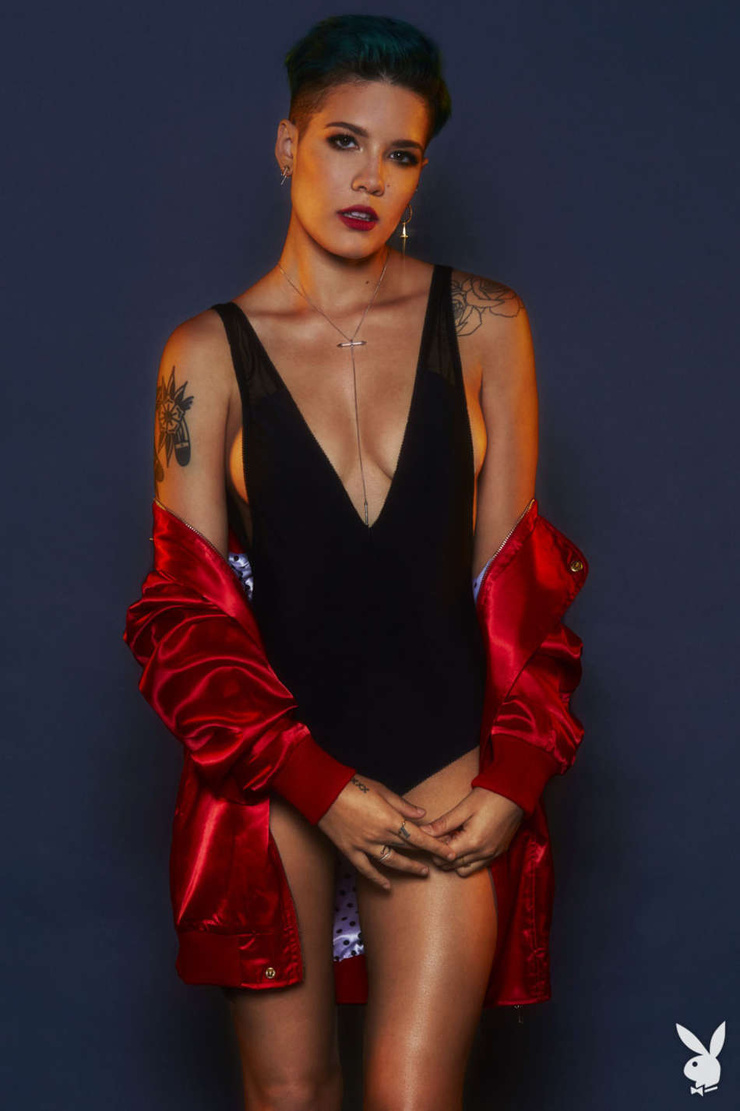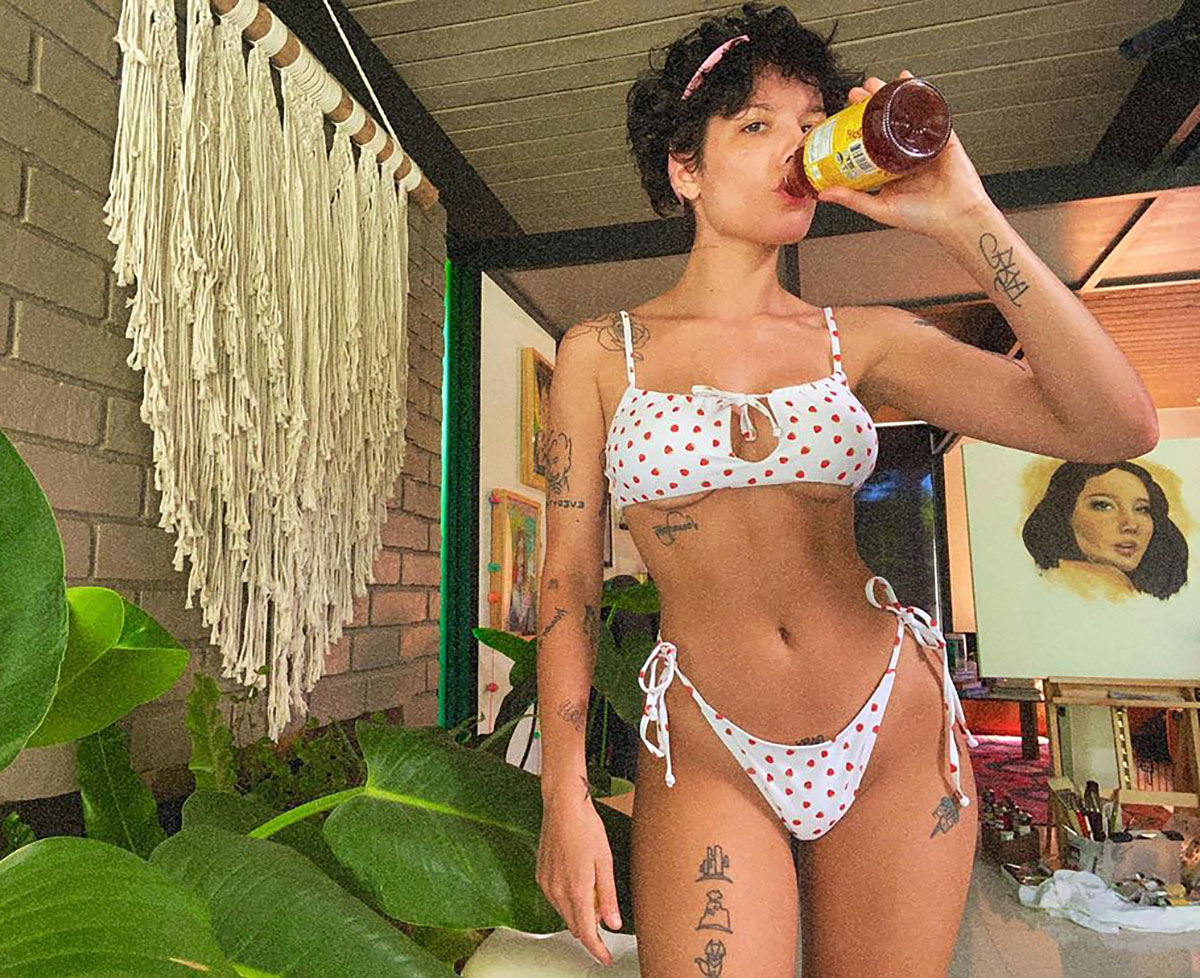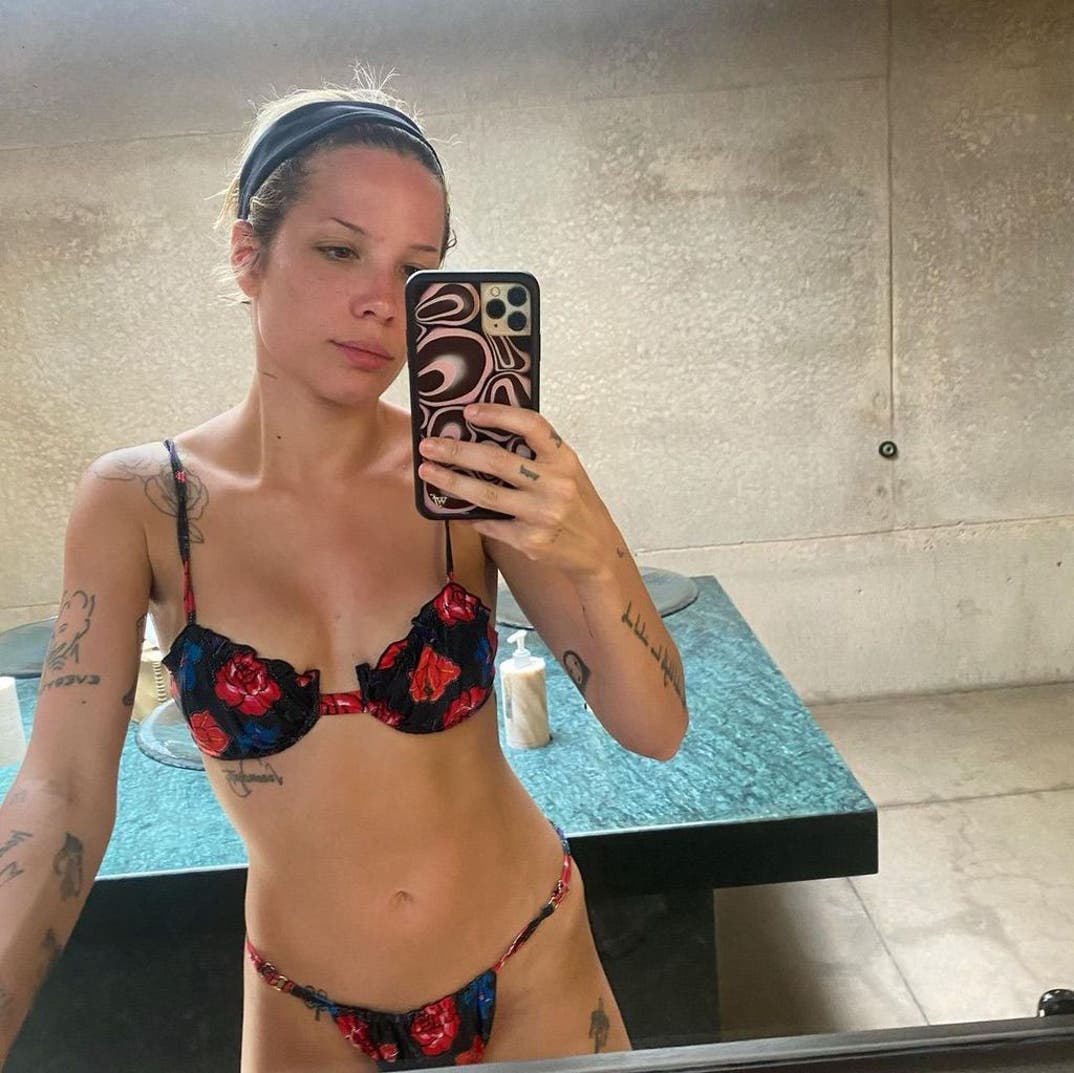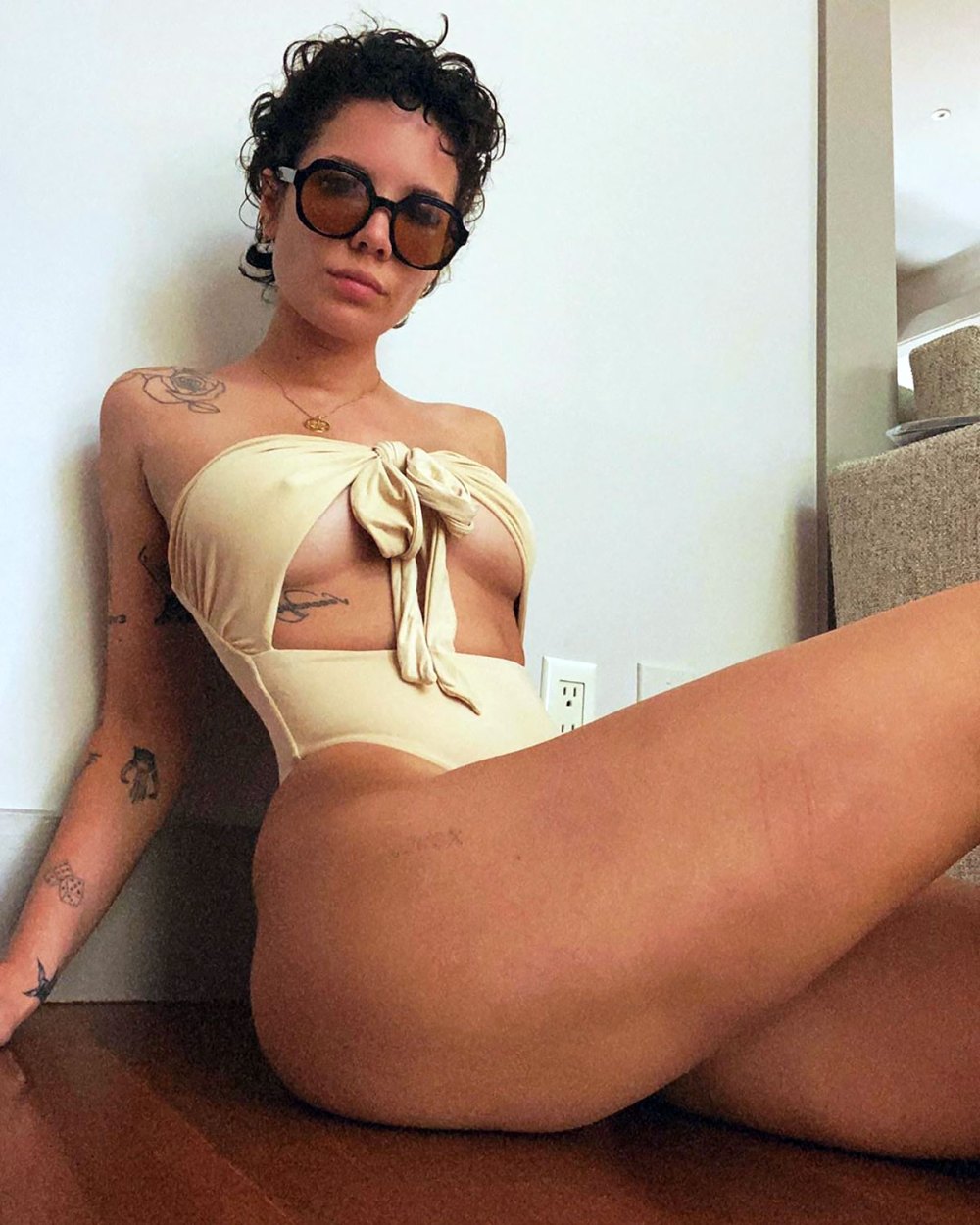In a music industry that often rewards polish over honesty, Halsey has built a career on the exact opposite. From the moment she stepped into the public eye, the singer-songwriter — born Ashley Nicolette Frangipane — has refused to play by the rules of fame. Her path has been messy, brilliant, vulnerable, and deeply human. And in a cultural landscape saturated with curated perfection, that authenticity has become her greatest strength.







When Halsey first arrived on the scene in the mid-2010s, she was unlike anyone else in pop. Her early releases on SoundCloud showcased not only a sharp lyrical wit but also a raw emotional intelligence rarely seen in mainstream music. With her breakout debut album Badlands in 2015, she quickly became the voice of a generation that didn’t fit neatly into any box — a generation that lived online, struggled openly, and felt everything intensely. Her music spoke to the kids who felt too much, loved too hard, and wanted to be seen for exactly who they were.



What set Halsey apart wasn’t just her sound — it was her honesty. She didn’t hide behind metaphors or image consultants. She talked openly about her struggles with bipolar disorder, her experiences with fame, her sexuality, and her frustrations with an industry that often tried to shape her into something she wasn’t. She didn’t care to be flawless; she cared to be real. In doing so, she became not just a pop star, but a symbol of emotional authenticity.



As her career evolved, so did her artistry. Halsey’s second album, Hopeless Fountain Kingdom (2017), explored love, gender, and heartbreak through a cinematic narrative inspired by Romeo and Juliet. It was a bold move — conceptual and unapologetically theatrical — showing her range not just as a performer, but as a storyteller. Her third record, Manic (2020), felt like an artistic breakthrough. It was confessional yet experimental, blending pop, rock, country, and alternative sounds into something deeply personal. With songs like “Without Me” and “Graveyard,” she transformed heartbreak into self-realization, and pain into empowerment.



Each project she’s released since has felt like a snapshot of a different version of herself — a reflection of her growth as both an artist and a person. Her 2021 album If I Can’t Have Love, I Want Power, produced by Trent Reznor and Atticus Ross of Nine Inch Nails, pushed her artistry to new extremes. It was a dark, cinematic exploration of motherhood, femininity, and power — a fearless departure from mainstream expectations. The album’s visual and sonic complexity made it one of the most daring pop releases of the decade. Halsey wasn’t chasing radio hits; she was creating something timeless.



That constant evolution — and the courage to change direction when the industry demands predictability — is what defines Halsey. She’s never been afraid to challenge her audience or the business itself. Whether she’s addressing the pressures of fame, the politics of womanhood, or the pain of personal transformation, her work carries a depth that feels increasingly rare in pop music. She has the instinct of a poet and the soul of a rebel — a combination that makes her impossible to replicate.



Halsey’s authenticity extends far beyond her lyrics. In an era when celebrity often feels like performance art, she uses her platform to speak about issues that matter — from reproductive rights and racial justice to LGBTQ+ visibility and mental health advocacy. She’s open about her own experiences with endometriosis, a chronic condition that has shaped her life in significant ways. By speaking candidly about her body, her identity, and her mental health, she’s given countless fans permission to be honest about their own.
Her relationship with her fans has always been deeply personal, bordering on intimate. They don’t just see Halsey as a performer; they see her as one of them. That sense of connection stems from her transparency. She doesn’t shy away from her flaws or contradictions — she shares them. Whether it’s through a vulnerable Instagram caption or a raw interview moment, Halsey continuously reminds her audience that perfection isn’t the goal. Realness is.



Even as her fame grew, Halsey never lost that connection to the independent spirit that defined her beginnings. She’s remained involved in every aspect of her music — from songwriting to production to creative direction. Her visual albums, short films, and intricate stage designs reflect not only her artistic control but also her refusal to be reduced to a label’s product. She’s the kind of artist who thrives on collaboration, not conformity.



In recent years, Halsey’s journey as a mother has added another dimension to her authenticity. Her openness about the complexities of pregnancy and postpartum life — particularly as someone living with health challenges — has been groundbreaking. She doesn’t present motherhood as a filtered, glossy experience; she talks about it with the same emotional candor that defines her art. In doing so, she’s helping shift the cultural conversation around what it means to be a woman in the public eye — one who creates, nurtures, struggles, and triumphs without apology.



Her artistry also extends into activism and entrepreneurship. Through her work in fashion, beauty, and creative direction, she continues to build spaces that reflect her values. Her beauty brand, about-face, launched in 2021, has been celebrated for its inclusive approach to self-expression and its rejection of conventional beauty standards. Just as she’s done with music, Halsey built the brand not to please trends, but to challenge them — giving people tools to express identity on their own terms.



What’s most remarkable about Halsey’s career is that she’s managed to grow without ever losing herself. She’s a mainstream artist who feels indie, a pop icon who writes like a poet, and a celebrity who feels accessible. She embodies a kind of paradox — the idea that you can be vulnerable and powerful, famous and grounded, all at once. That duality is what keeps audiences invested. It’s also what ensures her place as one of the most authentic voices in modern music.



In an age where social media blurs the line between authenticity and performance, Halsey remains one of the few artists who makes that distinction irrelevant. Her openness doesn’t feel like branding; it feels like breathing. She doesn’t just share her truth — she lives it, unapologetically. And that rare sincerity has turned her career into something more than a collection of hit songs. It’s become a movement of honesty, self-expression, and creative freedom.
:upscale()/2019/01/25/617/n/1922564/51723eae5c4b13d71a57d5.88130501_.jpg)


As Halsey continues to evolve, she’s proving that longevity in music doesn’t come from perfection — it comes from connection. Her artistry reminds us that vulnerability isn’t a weakness; it’s the purest form of power. And in a world full of facades, Halsey’s truth continues to shine through — raw, poetic, and beautifully unfiltered. She isn’t just one of pop’s most intriguing figures; she’s one of its most necessary voices, a reminder that being yourself, in all your complexity, will always be the most revolutionary act of all.


